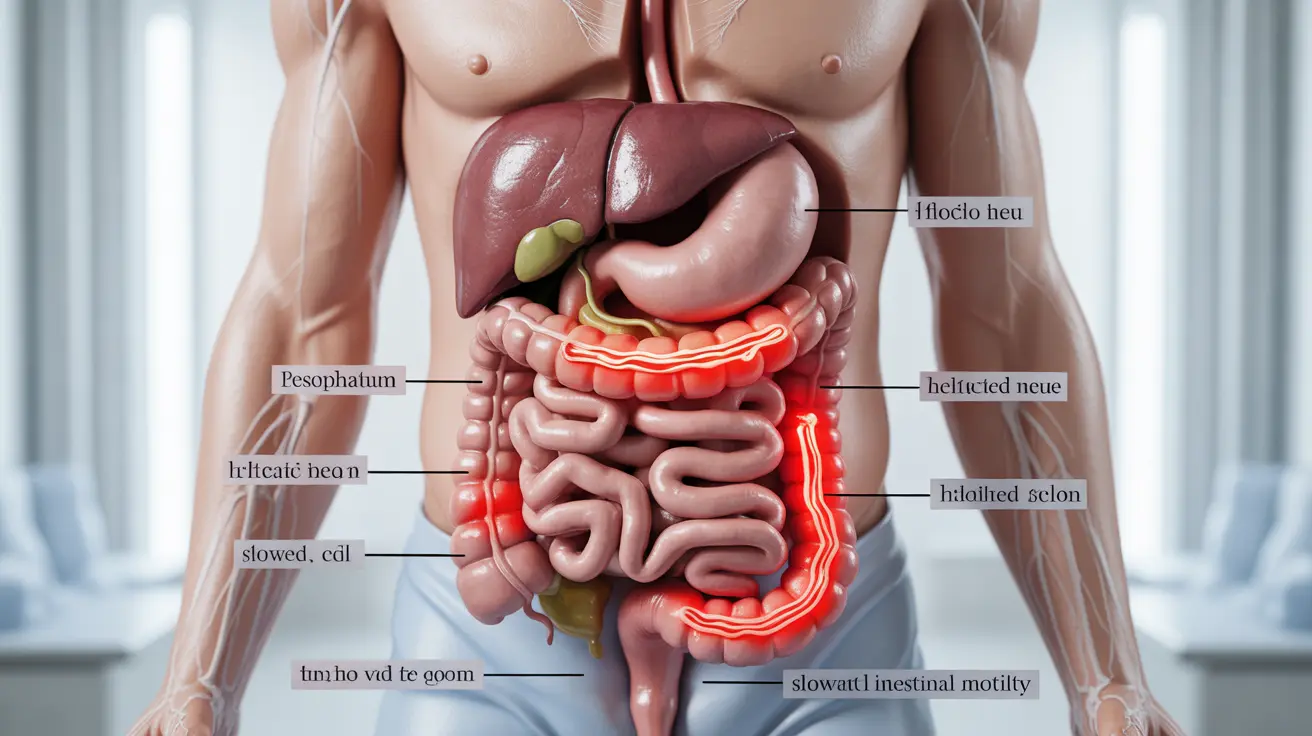If you've ever experienced digestive issues during stressful periods, you're not alone. The relationship between anxiety and constipation is more common than many people realize, affecting countless individuals worldwide. Understanding this connection can help you better manage both your mental health and digestive wellness.
This comprehensive guide explores how anxiety can cause constipation, the scientific mechanisms behind this connection, and practical solutions to help you maintain regular bowel movements even during stressful times.
The Science Behind Anxiety-Related Constipation
When anxiety strikes, it triggers a cascade of physiological responses throughout your body, including your digestive system. Your body's stress response activates the "fight or flight" mode, which can significantly impact your normal digestive processes.
The Stress Response and Digestion
During periods of anxiety, your body releases stress hormones like cortisol and adrenaline. These hormones can slow down digestive movement, reduce blood flow to the digestive system, and alter the normal contractions of your intestines that help move waste through your body.
The Gut-Brain Connection
Your digestive system and brain are intimately connected through what scientists call the gut-brain axis. This complex communication network means that emotional stress can directly affect your digestive function, potentially leading to constipation and other gastrointestinal issues.
How Anxiety Affects Your Bowel Movements
Anxiety can impact your bowel movements in several ways:
- Slowed intestinal motility
- Reduced digestive enzyme production
- Altered gut microbiome balance
- Tightened pelvic floor muscles
- Changed eating and lifestyle habits during stress
Managing Anxiety-Related Constipation
Lifestyle Changes
Several lifestyle modifications can help manage constipation triggered by anxiety:
- Regular physical exercise
- Maintaining a consistent eating schedule
- Staying properly hydrated
- Following a fiber-rich diet
- Practicing stress-reduction techniques
Stress Management Techniques
Implementing effective stress management strategies can help reduce anxiety-related constipation:
- Deep breathing exercises
- Progressive muscle relaxation
- Mindfulness meditation
- Regular yoga practice
- Adequate sleep habits
When to Seek Professional Help
While occasional constipation due to anxiety is common, certain signs indicate you should consult a healthcare provider:
- Constipation lasting more than two weeks
- Severe abdominal pain
- Blood in stools
- Unexplained weight loss
- Persistent changes in bowel habits
Frequently Asked Questions
Can anxiety cause constipation and how does stress affect bowel movements?
Yes, anxiety can cause constipation by triggering the body's stress response, which can slow down digestive processes and alter normal bowel function. Stress hormones can decrease intestinal motility and affect the muscles involved in bowel movements.
What hormones are involved in anxiety-related constipation and how do they impact digestion?
The primary hormones involved are cortisol and adrenaline. These stress hormones can slow digestive processes, reduce blood flow to the digestive system, and alter gut motility, potentially leading to constipation.
How does the gut-brain axis explain the connection between anxiety and constipation?
The gut-brain axis is a bidirectional communication system between your digestive system and brain. Through this connection, emotional stress can directly impact digestive function, including bowel movements, while digestive issues can also affect mood and anxiety levels.
What lifestyle changes can help manage constipation caused by anxiety or stress?
Key lifestyle changes include maintaining a regular exercise routine, eating a balanced diet rich in fiber, staying well-hydrated, establishing consistent bathroom habits, and practicing stress management techniques like meditation or deep breathing exercises.
When should I see a doctor if I have constipation linked to anxiety?
Consult a healthcare provider if you experience constipation lasting more than two weeks, severe abdominal pain, blood in stools, unexpected weight loss, or if your symptoms significantly impact your daily life. It's also important to seek help if anxiety is severely affecting your quality of life.




